Q&A | Erika Rushton, Baltic Creative
The creative economist and chair of the Baltic Creative cluster of businesses in Liverpool, talks about blowing her student grant the week before starting university, and how art can be used to transform places.
Why did you choose a career in property/placemaking?
I started out an artist, not a placemaker. But what artists can do is imagine a different future and set about painting and crafting it so others can imagine it too. That’s what I do. Imagine the world differently, paint the picture, involve as many people as I can in making that imagined future a shared one, then recognise and value the thousand small contributions it takes to create it and populate it.
Who was your mentor and what was the best piece of advice they gave you?
I grew up in the small market town of Pickering, North Yorkshire, when the hill farms surrounding us were failing. My Dad started a museum, a carnival, a steam railway, a town feast, a pantomime. He hosted visitors from America tracing their roots in the UK, and welcomed city types with their ideas, businesses and local spend. When Dad was organising the first town pageant, he asked the Scouts, WI, the rotary club, working men’s club, the Conservative club, the school, the girl guides – all those groups – to run a stall. Together the town delivered its first tourist event. My hometown is now one of the most successful tourist destinations in Yorkshire now. My Dad’s unspoken advice was to ensure everyone had a role and that everyone made a valued contribution. There were no sides.
What building or project do you wish you’d delivered?
Just before house prices really rocketed in Liverpool in around 2005, the last of the city’s 15,000 council houses, worth an average £15,130 each, were to be transferred to a housing association. The maths showed it would be cheaper to give every house away than borrow and repay the £450m needed to bring them up to standard. I wrote a paper – and almost lost my job in the process – suggesting that mass home ownership should be considered in favour of stock transfer. Home ownership is now found to be a major determinant in the life chances of successive generations. I wish I had argued harder so that up to 15,000 families got the opportunity to own their own home and 15,000 kids turning 20 this year knew for sure they would inherit one.
What key lesson have you learned from 2020 and the pandemic?
That wealth and poverty are correlated but most of us pretend that they are not.
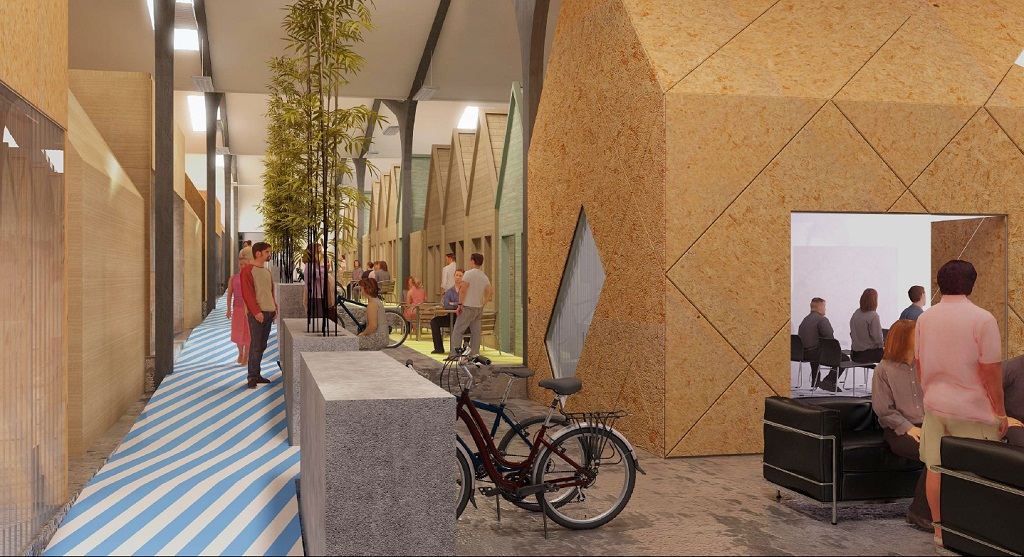
Interior shot of the Baltic Creative workspace in Liverpool
What was your lockdown hobby? Did you get ‘Covid-fit’ or gain the ‘Covid stone’?
The joy of my lockdown has been to work with more than 250 community businesses in the North West that have stepped into the spaces left in our economy where others failed to deliver, for example in PPE, food, transport, care and so on. They have been absolutely inspirational. And I discovered that there are networks of socially motivated entrepreneurs nationally and internationally, that are now connected.
Spend or save? What’s your most extravagant purchase, and what are you saving up for?
My most extravagant spend ever was probably blowing my student grant (when they still existed) the week before university started. It was my most amazing week! Now I am saving up to buy my mother’s house because her private landlord of 20 years and in excess of £100,000-a-year rent threatened to evict her, aged 90, in the middle of lockdown, and she was terrified.
Are you a rebel or a conformist?
I aspire to be a rebel who is accepted by conformists.
What keeps you awake at night?
Whether it’s called racism or homophobia, bullying or misogyny, greed or inequality – it makes me sad what some of those people with privilege, advantage and power choose to do with it.
What’s your proudest achievement?
Almost everything I have been involved in is made and owned collectively by its community. I have demonstrated that property and economic growth is not only a developer’s or investor’s or ‘expert’s’ game. We are the economy. This year, I am proudest of helping Islington Mill in Salford secure £7m to build an artist-led community called The Other City, and of working with a group of rebels in Liverpool to create Kindred, an organisation that has £6.5m to invest in entrepreneurs with a social mission who collectively will transform the places they love, such as Birkenhead, Bootle, St Helens and more.
What’s your biggest regret?
That I can’t fit in all the things I want to do.
What’s your top wish for 2021?
That some of the possibilities that got a dress rehearsal in the pandemic become signposts towards a kinder future in which care workers get paid more, the air is cleaner, homelessness is no more…We proved it is possible.
What was the best book you read this year?
The Value of Everything by Mariana Mazzucato
If you hadn’t gone into placemaking, what would you have done?
I was once described as an undercover artist. I apply my creativity to economies and cityscapes. But I think I would have made a great private eye.
Of your own projects next year, which are you most excited about?
‘One Day’ – the Liverpool City Region’s industrial strategy written by Women for Everyone (and, quiet literally, written in one day by 20+ diverse, kick-ass women).
What trend do you believe will have the most profound impact on the placemaking industry in 2021?
The meaning of community and the fact that now many workplaces are largely redundant.
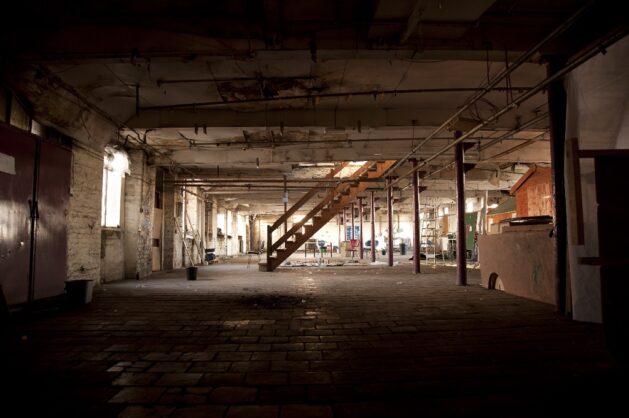
Rushton is helping to establish an arts community in the derelict Islington Mill in Salford


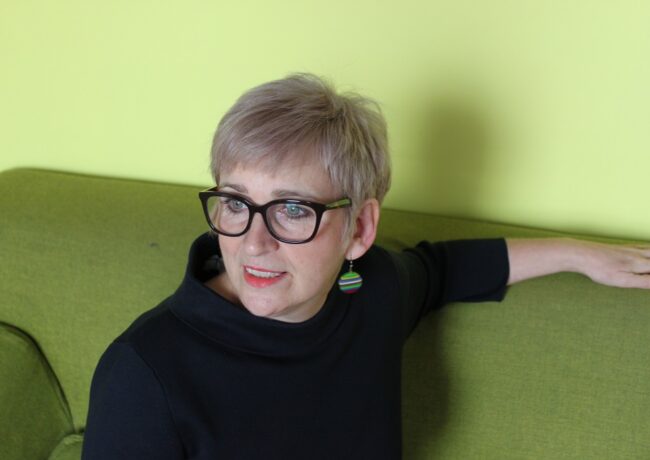
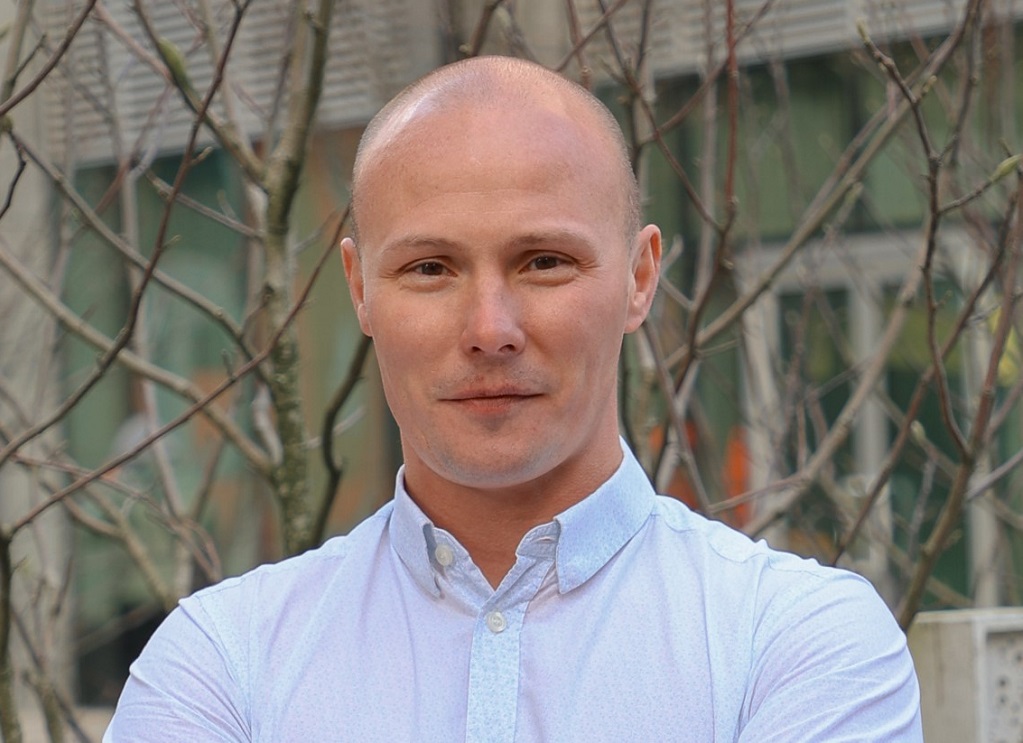
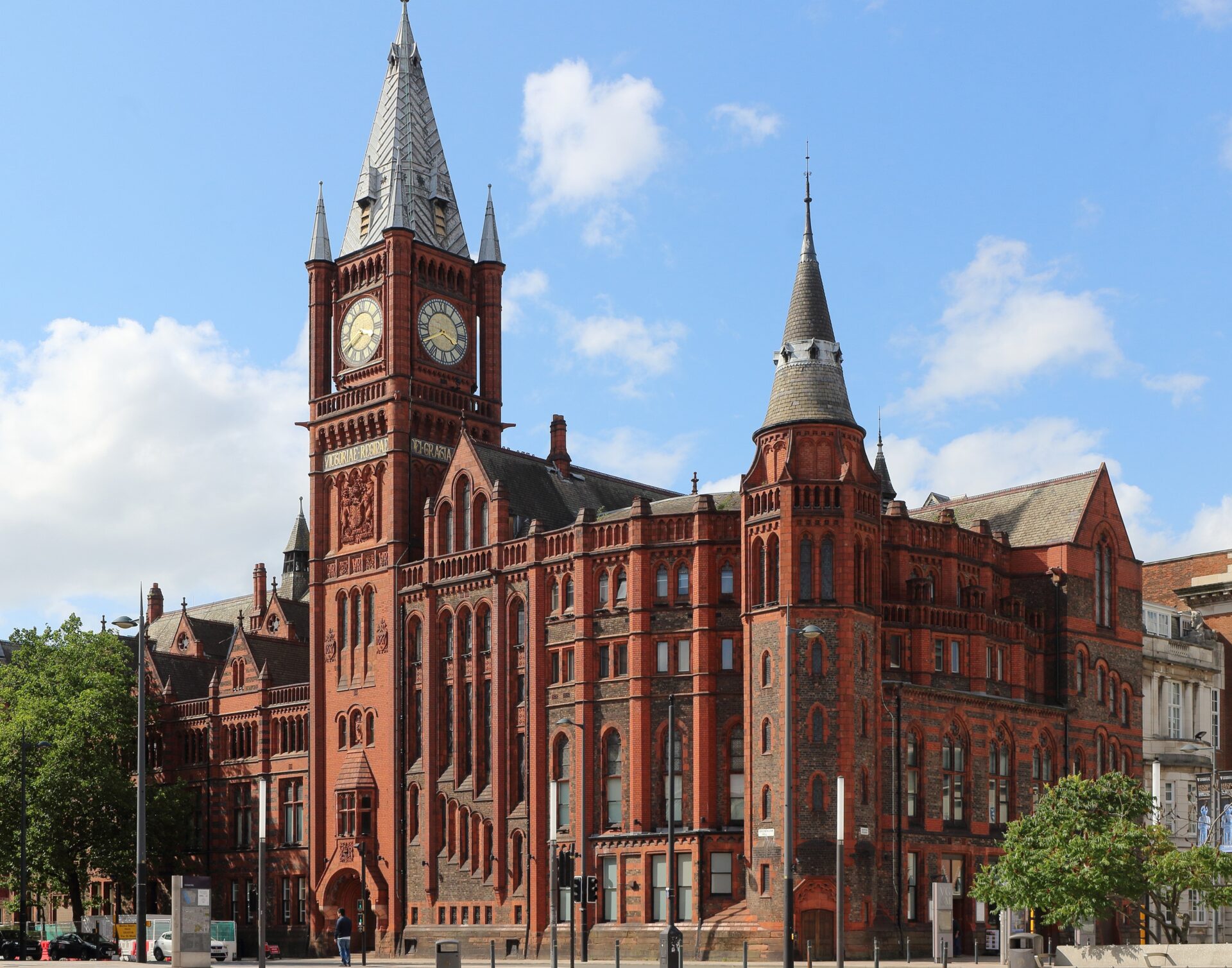
Lovely interview! Shows what can be done – and what could be done for more areas in Liverpool – like Everton…. which needs it so much – and across the country if we all pull together – really liked the story about Erika’s dad – inspiring success story – but so bad that her poor mum has to suffer the threat of eviction! Especially after all that her dad has done for other people!
By Donna